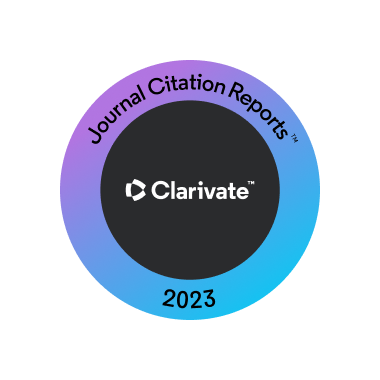Abstract
Background: The recently developed Perceived Parental Success Standards Scale (PPSSS) provides a new opportunity to understand better how parents perceive success in sport from the young athlete’s perspective. The aim of the present study was to adapt and validate the Lithuanian-language version of the PPSSS. Material and methods: The study included 587 adolescents (mean age = 14.3, SD = 1.11) from different sport teams in Lithuania. Confirmatory factor analysis (CFA) and additionally exploratory Pearson’s correlation and regression analysis were performed to test discriminant, concurrent, and predictive validity. Results: Exploratory structural equation modelling provided an acceptable fit of a two-factor model of PPSSS. Reliability analysis revealed good levels of internal consistency for the mastery and ego success standards factors. A significant positive relationship was found between perceived parental success standards based on mastery and self-esteem and intrinsic motivation. Perceived parental success standards based on ego were significantly and positively correlated with amotivation; moreover, perceived parental success standards were predictors for athletes’ prosocial and antisocial behaviour in sports. Conclusions: Given the adequate psychometric properties, the Lithuanian version of the PPSSS can be used in studies aiming to better understand how young athletes perceived parental success standards within the sport domain.
Recommended Citation
Kromerova-Dubinskiene E, Sukys S. Validation of the Lithuanian version of the Perceived Parental Success Standards in Sport Scale (PPSSS). Balt J Health Phys Act. 2020;12(1):65-77. doi: 10.29359/BJHPA.12.1.07
DOI
10.29359/BJHPA.12.1.07
Author ORCID Identifier
Enrika Kromerova-Dubinskiene: https://orcid.org/0000-0003-3345-2735; Saulius Sukys: https://orcid.org/0000-0003-0785-2946
Creative Commons License

This work is licensed under a Creative Commons Attribution-Noncommercial-No Derivative Works 4.0 License.
Included in
Health and Physical Education Commons, Sports Medicine Commons, Sports Sciences Commons, Sports Studies Commons




